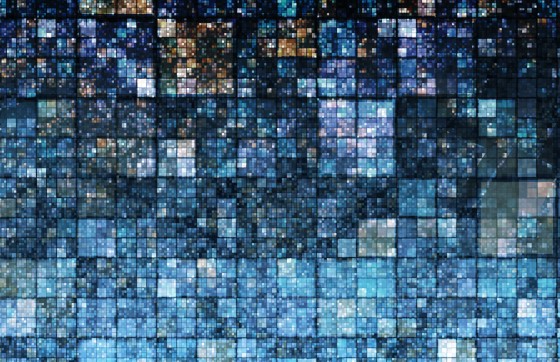
Social sharing sites like Facebook and Google+ are great for countless reasons. The discovery factor is amplified and quick. We have the ability to catch up and communicate with people easily and on-the-go.
Our social networks, paired alongside various algorithms, place everything in somewhat omnidirectional proportion to our personal interests. Some folks watch the stream of information passively while others can’t help but participate. Frequently. Like a habit that’s hard to break. But habits are usually created because there’s some sort of personal payoff involved. What’s in it here?
Do we participate out of boredom? For entertainment? Documentation? Self-declaration? All of the above?
The things we share don’t go away over time. Our photos, links, and general top-of-mind fodder are almost immediately forgotten before becoming a very vague distant digital memory. Yet unlike a journal, they’re not stored privately somewhere to uncover at a later time. Our “shareables” publish immediately and are saved forever, for all to see.
The good, the bad, and the things that may or may not emerge later to haunt us. Profile photos, status updates, comments back and forth between old friends, lovers, colleagues.
It’s the personal information we post on a whim that documents where we were and what we were interested in at the time. These bookmarks serve as a haunting benchmark – of not only where we were, but who we once were. Some might agree that it’s a convenient way to journal — with only a wayward amount of revelatory truth.
These captured moments are issued a temporary place with degrees of importance that vary greatly. Will we care about what we shared five years ago? Probably not. It might be amusing. It may never be revisited again. But what if it were?
Not always self-aware, these tiny memoirs forget to note the times we were truly happy — because we were too busy actually being happy to take note of them in the first place.
Yet there we are — always seeming to document the times we were bored, overly caffeinated, or mildly interested in the subject or moment at hand. And we just so happened to have the phone or laptop nearby to document said thought or story.
So how accurate is our online journaling? And would it become more truthful if we were aware of where it travels to and how it lives?
In time, all posts turn to dusty digital memories of broken links, imprints of ones and zeros lasting forever on a clunky server somewhere — available to the government along with everyone else, and yet no one at all.
The migration from analog to digital affects everything. From how we read, to how we take notes, to how we choose to access the latest episode of “Breaking Bad.” With new digital technologies, we’re even experiencing a major shift in how our own personal narratives are captured.
The media always places such huge emphasis on how the next superstars on the internet are members of its audience. Apparently anyone can be a star. In an era of reality TV shows and talent competitions, “the dream” is achievable with a little bit of talent — and a whole lotta self-disclosure. Remember back in 2006 when TIME Magazine chose their Person of the Year? That person has been replaced by groups of individuals. Movements. Memes. Flashmobs.
Yet stardom comes at a price. We’re encouraged to post, check in, snap photos and share, all because companies are farming our data and selling it to the highest bidder. They learn everything about us. We become numbers and marketing fodder to the most extreme degree.
So how often do we want to see that share button? We know it’s possible to overshare and likely know folks guilty of abusing it. Even as I type this sentence into a Google document, the big blue “share” button looms above. It offers the temptation to publish or share my thoughts before the idea is even complete.
Day One is a new app for OSX that allows users to journal freely and privately. It encourages the user to create reminders to write. And for more fleeting moments, Path is an app that allows the recording of check-ins, tweets, and photos to share with a closer-knit community.
Whether it’s an advertiser or a prospective date, data mining is all too easy. We need more options for journaling privately based on the tools available to us. At the very least, we need more control over the release of our personal information. As we shift into digital and cloud-based methodologies for documenting our lives, we need to consider alternatives while moving our personal documentation to the digital space.
—
Revisit Part One of this series.
Comments are closed.